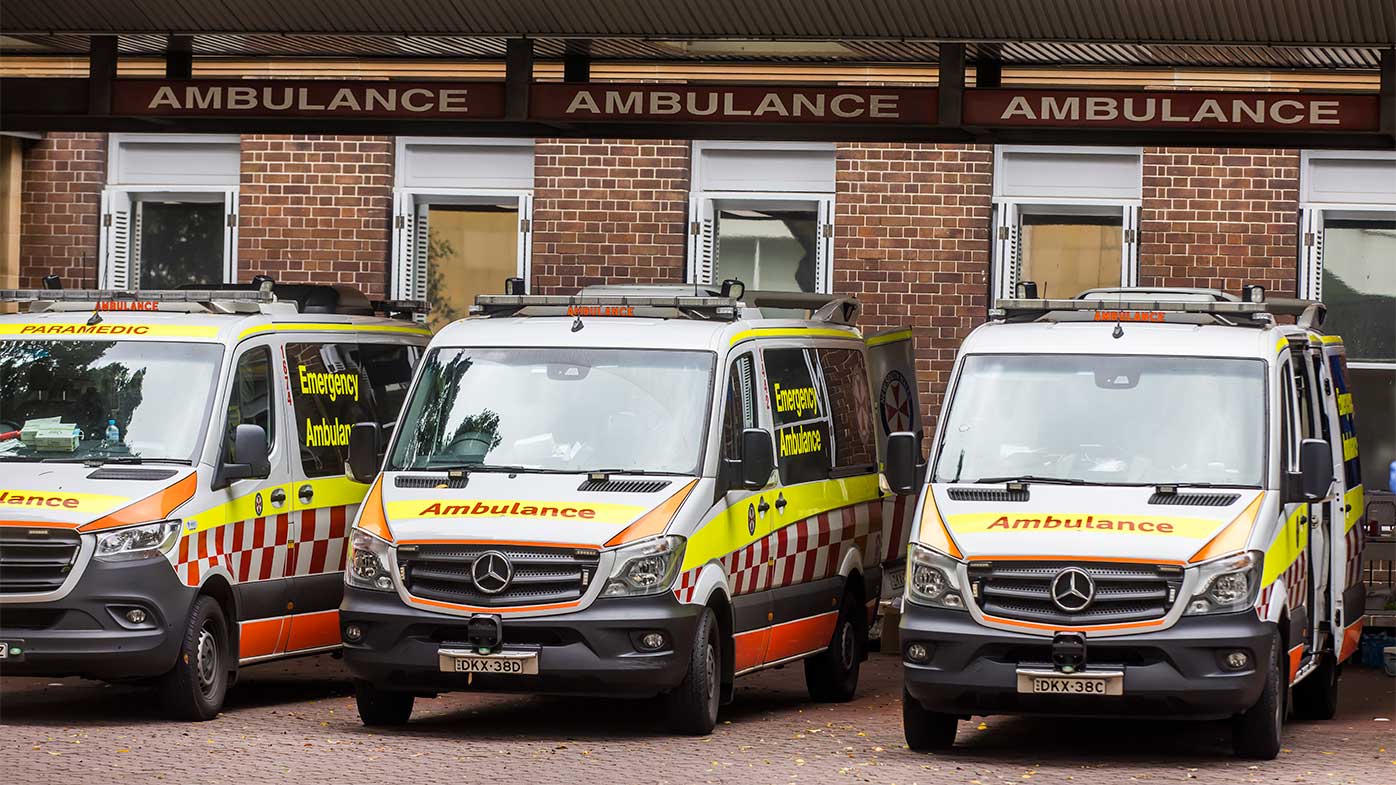Some COVID-19 restrictions will be reintroduced in New South Wales in response to the skyrocketing number of cases.
Elective surgery has been postponed, and there is no singing or dancing allowed in hospitality venues - not including performers or at weddings.
It comes as the state reported a record high of 38,625 cases, but health experts say the real number of people infected is probably much higher.
LIVE UPDATES: Supermarket shortages as COVID-10 cases skyrocket

NSW Premier Dominic Perrottet said restrictions were coming into effect in NSW from tomorrow until January 27 to manage the surging Omicron cases.
Most major events across New South Wales will proceed with COVID-safe plans.
"So if you have a major event planned, throughout January, continue as planned, there are no changes to any of those events," Mr Perrotet said.
The premier has also encouraged people to "minimise mingling where possible" as well as minimise household visits and indoor gatherings.
Mr Perrottet said elective surgery for non-urgent surgeries will be suspended until mid-February.
READ MORE: Talented Sydney sportsman, just 23, dies from COVID-19
Positive rapid tests to be reported
Going forward, people in the state will also be required to report a positive rapid test result through the Service NSW app. An online registration system is set to be available by mid-next week.
Chief Health Officer Dr Kerry Chant said positive rapid antigen test results were now being treated as the same as positive PCR results.
"In this current setting of such high case numbers, if you've got symptoms, and you've got a positive RAT test, then you're a case," she said.
"We're also saying that if you're a household contact or you have had those high-risk exposures, then also you're positive, you're a case.
"If you have had no exposures to anyone, it's really unusual that you have got a positive test, under those circumstances, you might get a PCR to validate it," Dr Chant said.
Peak of Omicron surge yet to come
NSW Health Deputy Secretary Susan Pearce said the state would be "well past" the peak of the Omicron case surge by mid-February.
"We expect that peak to occur in around the third to the last week of January," she said.
"We have got some challenging weeks ahead of us. But we have been planning for this pandemic and continuing to reinvent ourselves for two years now."
Half of all cases in people in their 20s and 30s
New modelling shows nearly 50 per cent of all COVID-19 cases in NSW in the last week are in people aged 20-39.
"So there's 29 per cent between 20 and 29, and 30 and 39 account for 19 per cent of the cases," Dr Kerry Chant said.
"The transmission is happening in a variety of settings. Obviously in those household and social gatherings that people are having, and also in places like pubs, clubs, nightclubs, and the concern around the behaviour of dancing and singing," she added.
Dr Chant said when people sing and dance they mingle with groups they wouldn't otherwise interact with, which can spread the virus further.
"But when you're actually dancing on a dance floor, when you're energised and singing in a group and moving around, then you actually risking exposing people that you would normally day-to-day not come into contact with.
"So with this time, we really just trying to slow the spread, reduce the introduction to new social networks as a mechanism of slowing the spread to remove that peak, blunt that peak in the projections ... in order to reduce the impact we're seeing on our hospital and those other critical services in the community," Dr Chant added.
Boosters mandatory for some healthcare workers
Today it was also announced that a third dose of a COVID-19 vaccine will become mandatory for some frontline health workers.
"So there are a number of workers here in New South Wales that we have deemed to be in high-risk settings," Mr Perrottet said.
"In those circumstances, we have mandated vaccinations. We will be moving to those mandates including a booster shot.
"So the Health Minister is working through that at the moment, but that announcement today will ensure that whether it's our teachers, nurses, our front-line health and disability workers, where NSW Health has previously required mandatory vaccination for certain front-line staff - we will move to boosters being included as part of that fully vaccinated determination."
